Located in the heart of Ernakulum city in Kerala, Ernakulam Shiva Temple is one of the rare Shiva Temples where God faces sea towards west. Very popular as Ernakulathappan, this temple is dedicated to Lord Shiva. Built during the Maharaja rule, the temple is located in the Durbar Hall Ground.
The history of the shrine is linked with the history of the city. As per the legend, it was one of the 7 royal temples of Kochi Maharajas but now it is controlled by administration of Cochin Devasom Board. At present, the temple is now under the administration of Cochin Devasom Board and was rebuilt again in the year 1846 under active patronage of Diwan Sri Edakkunni Sankara Warrior.
History
Ernakulam Shiva Temple was founded by Cheranalloor Kartha Family. According to the devaprasna, this temple was associated with Vaishnava. Jadavedan nampoothiri was the swamiyar of Ernakulam Shiva Temple and Thiruvananthapuram Shri Padamanabhaswamy Temple. The history of the temple is deeply linked with Hindu epic like Mahabharata. It is believed that the temple was first referred in Sangam Literature as one of the major temples under Chera Dynasty. Actually, Cheras were disciple worshippers of Lord Shiva and after their death; the place was renamed by a few Nair nobles as Ernakulam in recognition of the well-known sacred pond of this temple. Very soon, this region came under the rule of Kochi Kingdom.
Later, during the 16th century Fort Kochi was siege by the Dutch and so the Kochi rulers moved their capital to Ernakulam and made a beautiful Palace which overlooks the pond of this temple. This helped the temple to gain importance due to regal support. Later, the temple was declared as the protector of Ernakulam and this became a major reason of disputation between Edappally Nair Lords and the Kochi Maharajas.
Then in the year 1842, second phase of the temple came when Sri Edakkunni Sankara, the diwan of Kochi felt to rebuild the temple which was ruined. The construction started in the year 1843 and the two Gopura Mandapams were designed beautifully in traditional Kerala architectural style which was just like Sri Poornathrayesa Temple (Tripunithura). In the year 1846, the new temple complex was opened for public. The temple was brought up to a royal temple and under the direct administration of Kochi Government's Devaswom Board. In the year 1949, this board came under the control of new Government when Kochi entered into India Union.
Deities
The main deity of the temple is Lord Shiva which is in Gourisankara form in the main sanctum sanctorum, facing Arabian Sea towards west. Here, the lingam in the main sanctum is called by the name 'Swayambhoo'. When you move towards the northern side of the main sanctum, you can come across the small shrine of 'Kirthamoorthy' where the real Lingam revered by Arjuna is still worshiped. While on the southern side of the temple, a small shrine of Lord Ganesha is kept. After worshipping Lord Ganesha, you can seek the blessings of Goddess Parvati which is behind the main sanctum. After paying a visit to the temple, you may step outside to view the surroundings of the inner temple where people visit to seek the blessings of Lord Ayappa and Nagaraja.
Architecture and Structure
Sprawled over an area of 1.2 acres (4,900 m2) in Ernakulam, the temple is elegantly adorned in typical Kerala style of architecture. The sanctum is ring shaped with magnificent sculpted walls. The roof is shrouded with copper tiles and has two gates. A pleasant view of the western Gopuram which is a two storied structure designed with gabled roofs and slanting windows in typical Kerala architecture style is must to see when you are here. Further, a new Oottupura (Dining Hall) and a marriage hall are also constructed recently at the northern side of the temple.
The Temple Complex
Next to the Ernakulam Shiva Temple, there are two other temples built in the premises. One can see a Murugaon Kovil on the northern side which is built in Tamil style. It is managed by the Tamil Brahmin Association of Ernakulam and the presiding deity is Lord Muruga with his wives Valli and Devanyani. Devotees may also seek the blessings of Vishnu, Dakshinamoorthy and Durga Devi in the temple complex.
After exploring the northern side of the complex, step towards eastern side where one can pay a visit to Hanuman Temple which is built in Kannadiga Udupi style. This temple was constructed in the year 1850 by Diwan Venkat Rao and the presiding deity of the temple is Hanuman Ji facing towards Shiva Temple on the eastern side. Apart from all these, other deities like Lord Nagaraja and Raghavendra Swami are also worshiped here.
Festivals
One of the biggest and major festivals of Ernakulum Shiva Temple is the 'Uthsavom', which is celebrated in the months of December-January with great splendor and zeal. The festival begins with Kodiyettam on the very first day. Then there is Pakalpooram on the seventh day, when deity is being taken out in progress with dressed up elephants and Panchavadyam and finally finished at Durbar Hall after the popular Pandimelam and colorful fireworks. On the last day of the festival, a solemn ceremony is held in the evening on which the flag is brought down and the deity is taken for the holy bath (Arattu) in the nearby tank of temple. After all these, the famous Arattu procession begins with the complement of Panchavadyam.
During these festive days, Sheeveli is arranged inside the temple and the best Chendamelam artists are also arranged for this festival. Further, special poojas are also conducted every day in this festival by popular priests from Puliyannur Mana and Chennose. Besides, various cultural programmes are also held during this festival and the main concern is given to the arts of temple like Paatakam, Thayambaka, Ottamthullal, Classical dances, Kathakali, Classical music concerts, Bhajans etc.
Pooja Timings
- Nadathurakal Time- 3.30 AM
- Nirmalyam- 3.30 AM
- Abishekam- 4.00 to 4.45 AM
- Shankhabhishekam- 5.15 AM
- Ushapooja Nadathurakal- 5.45 AM
- Yethertha Pooja Nadathurakal - 6.15 AM
- Ethirtha Sheeveli- 6.30 AM
- Pantheeradi Pooja- 7.30 to 8.15 AM
- Uchcha Pooja- 9.30 to 11AM
- Vykunneram Nadathruakal- 4.00 PM
- Deeparadhana- 6.45 PM
- Athaazhapooja Nadathurakal- 7.30 PM
- Thripuka Nadathurakal - 8.00 PM
















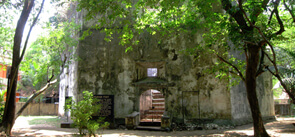






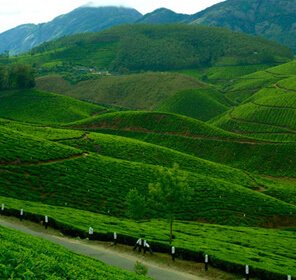
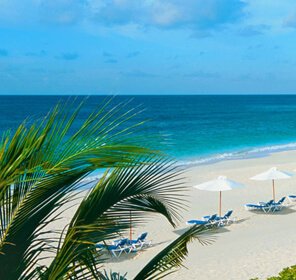
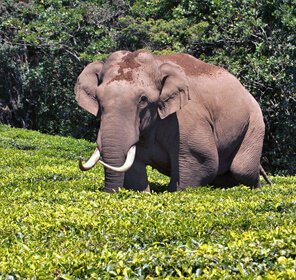

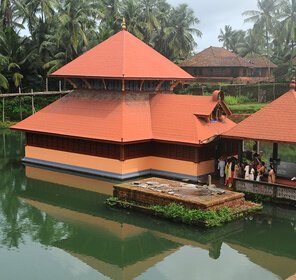

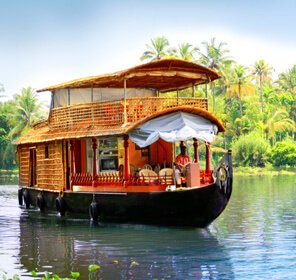

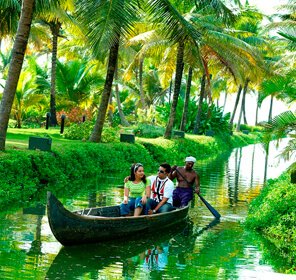





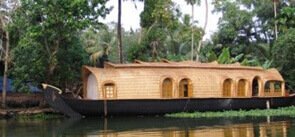
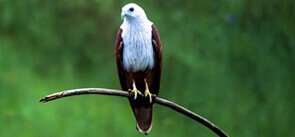
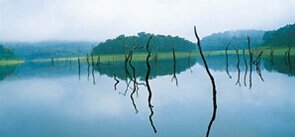
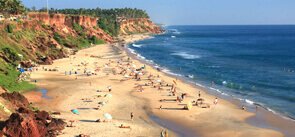
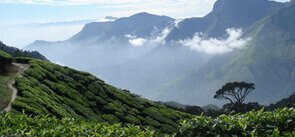
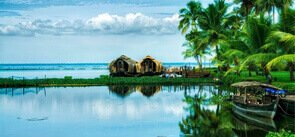
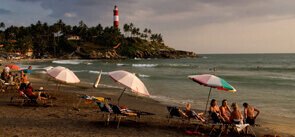
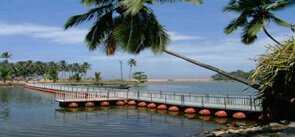
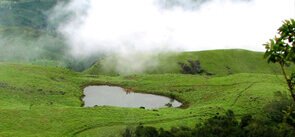
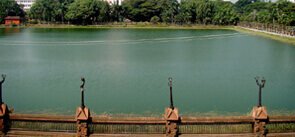
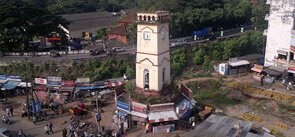
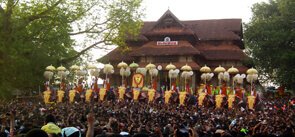
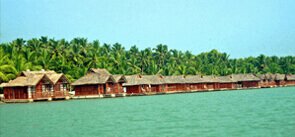
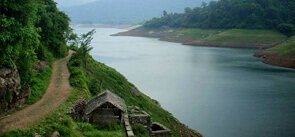
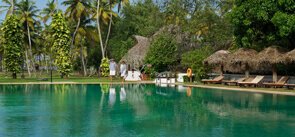
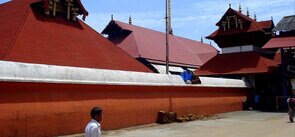
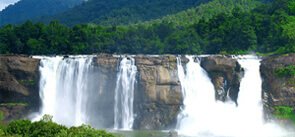
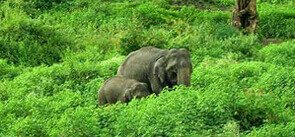
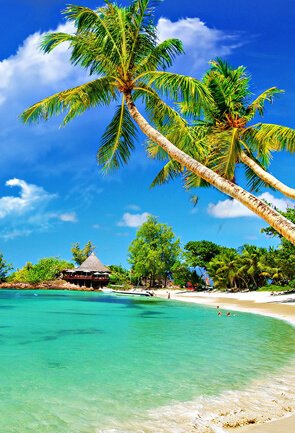
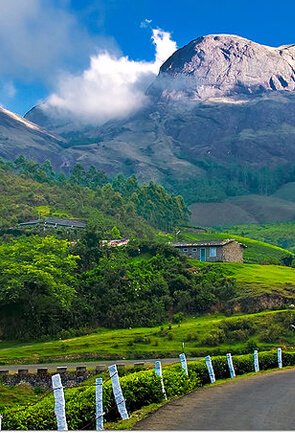
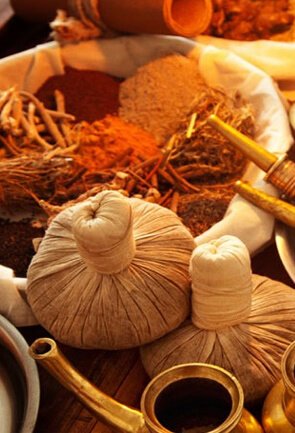
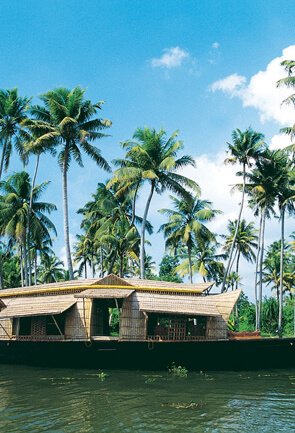
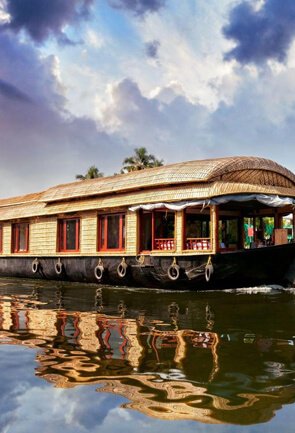
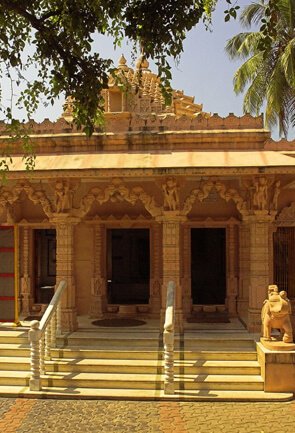
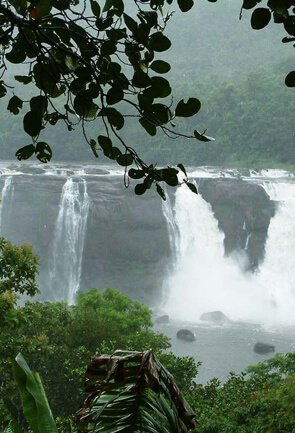
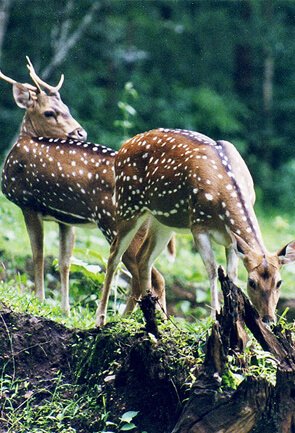
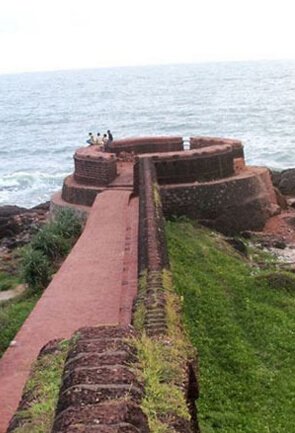
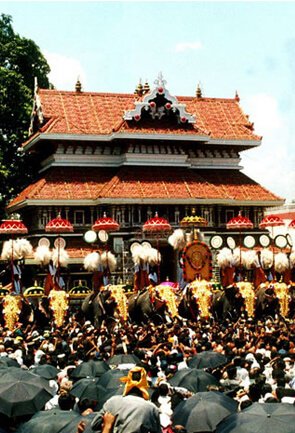
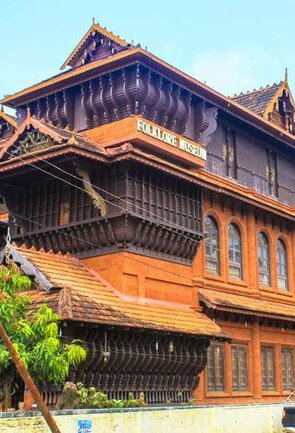
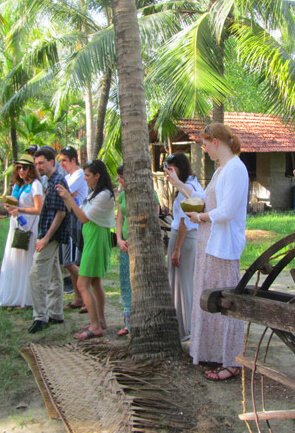
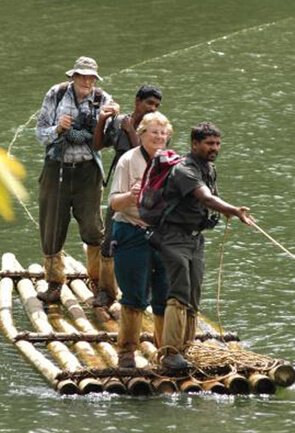
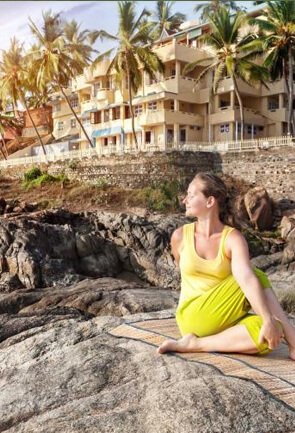
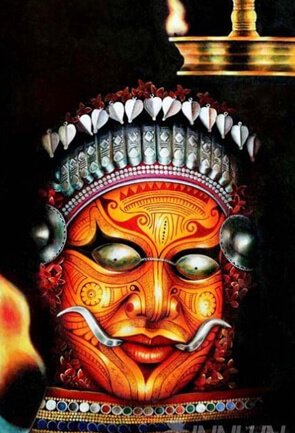
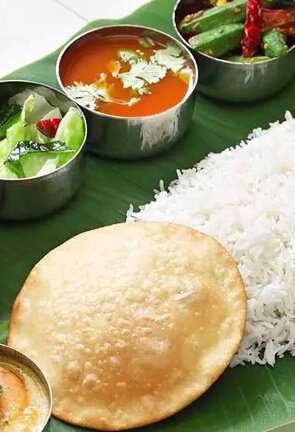
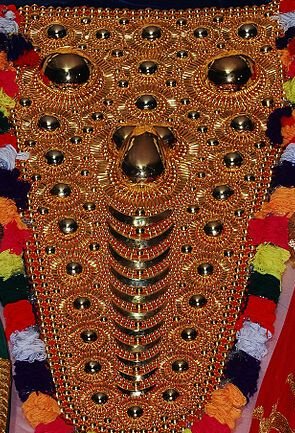
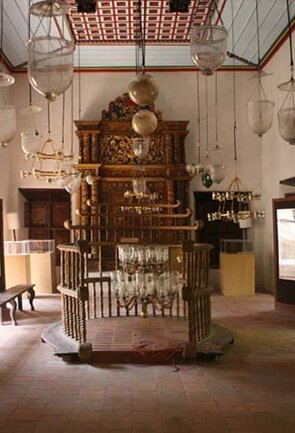

 Plan Trip
Plan Trip Call Us
Call Us Packages
Packages Home
Home